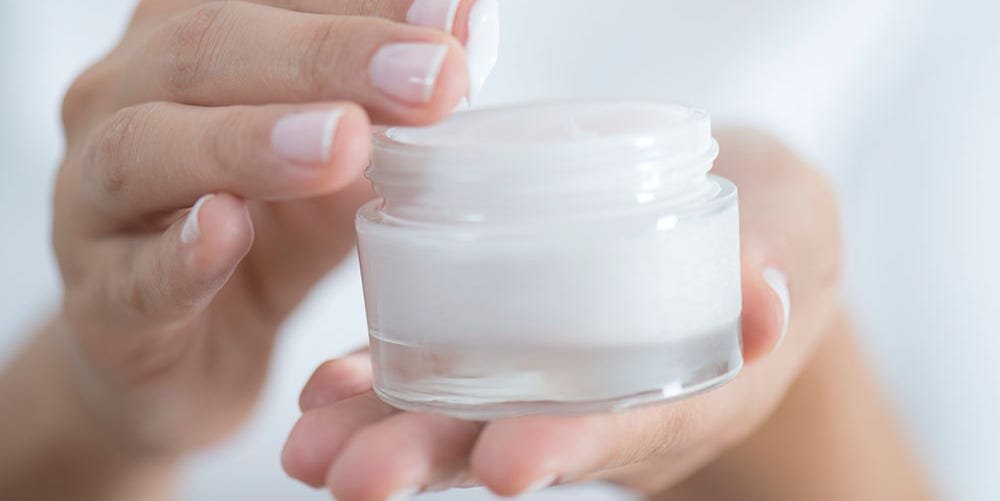Essential Skincare Tips from Dermatologists: Common Mistakes to Avoid
Your skin deserves dedicated care since it’s not just your body’s largest organ but also a canvas reflecting your overall health. While countless products flood social media and ads, making promises for radiant skin, crafting the perfect skincare routine can be a challenge due to the unique nature of everyone’s skin.
To navigate this complex landscape, we consulted four experienced dermatologists to highlight common skincare pitfalls and provide essential tips for maintaining healthy skin.
1. Avoid Overcomplicating Your Skincare Routine
Social media trends often promote elaborate multi-step skincare routines. However, dermatologists caution against this.
- Cindy Wassef, MD, emphasizes the risks of using multiple products: “Layering too many products can lead to irritation and acne.”
- Instead, she recommends keeping your routine simple with just two to three effective products.
Benefits of a Simplified Routine
- Reduced risk of skin irritation
- Easier to identify what works
- Saves time and money
2. Make Sunscreen a Non-Negotiable
Sun protection is essential, regardless of whether it’s sunny outside.
- Dr. Wassef notes that consistent sunscreen use helps prevent sun spots and premature aging.
- “Investing in skincare without sunscreen is a waste,” she emphasizes.
Recommendations for Sunscreen Use
- Apply daily, even on cloudy days.
- Choose a broad-spectrum SPF 30 or higher for optimal protection.
- Reapply every two hours if exposed to sunlight.
3. Steer Clear of Triple Antibiotic Creams
While it might seem convenient for minor injuries, triple antibiotic creams, particularly those containing neomycin, can cause more harm than good.
- Ife J. Rodney, MD, advises against it due to its potential to cause contact dermatitis and skin irritation.
Alternatives for Minor Cuts
- Use gentle, protective ointments without harsh antibiotics.
- Consult a professional for severe injuries or infections.
4. Resist the Urge to Pop Pimples
Although it may be tempting, popping pimples can lead to complications.
- Dr. Rodney asserts, “Popping can cause trauma and inflammation, leading to redness and scars.”
- Instead, consider using medicated pimple patches or spot treatments with 5% benzoyl peroxide.
Tips for Treating Acne Safely
- Use spot treatments and let them act for several hours.
- Consult a dermatologist for personalized acne solutions.
5. Introduce New Products One at a Time
When experimenting with skincare products, less is more.
- Dr. Rodney insists on introducing only one product at a time: “This way, you know what’s benefiting your skin or causing any reactions.”
Steps for Adding New Products
- Start with a product and wait several weeks before making another addition.
- Keep a skincare journal to track any changes or reactions.
6. Skip Gel Manicures for Healthier Nails
While gel manicures may seem appealing, they could damage your nails over time.
- Dr. Susan Massick warns against the hazards of UV exposure and allergic reactions from the polishes used in gel applications.
Healthier Alternatives
- Opt for regular nail polish.
- Ensure removal is done gently to minimize nail damage.
7. Avoid Abrasive Tools and Products
When cleansing your skin, gentleness is key.
- Dr. Massick highlights the importance of avoiding harsh scrubs and stiff brushes. “They can irritate the skin more than help it.”
Recommended Practices for Gentle Cleansing
- Use a mild cleanser suitable for your skin type.
- Opt for soft washcloths or your hands instead of abrasive tools.
Conclusion
Taking proper care of your skin doesn’t have to be complicated. Following these dermatologist-approved tips can help you maintain a healthy complexion. For more detailed information on skincare routines and product recommendations, visit trusted sources such as the American Academy of Dermatology.
Adopting these simple yet effective habits will pave the way for happier, healthier skin you can feel confident about.


